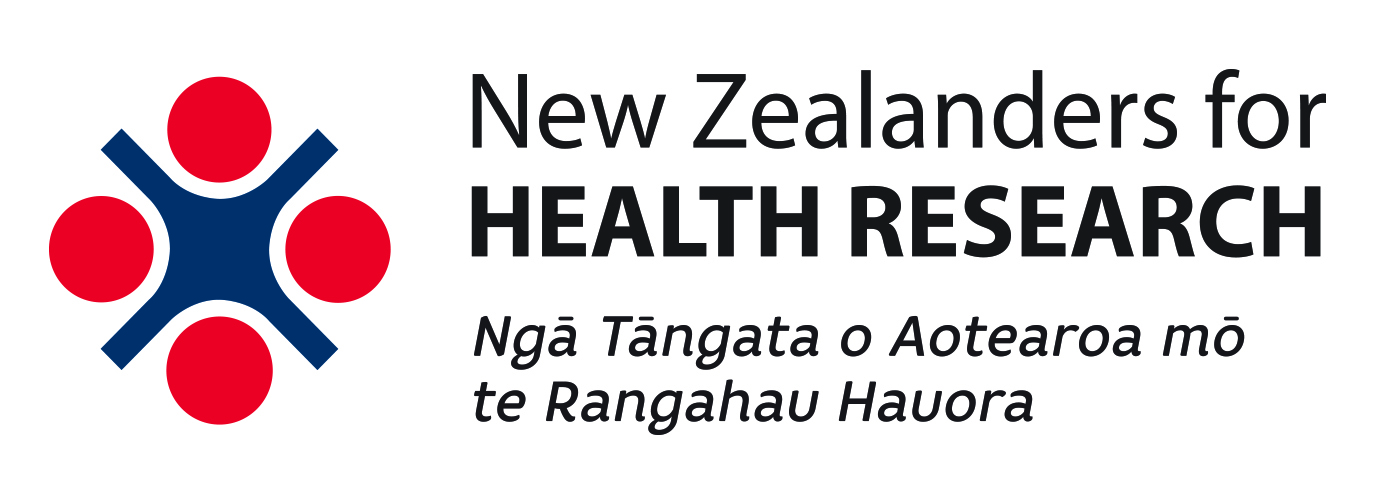News & Opinion
???Neighbourhoods designed to encourage people to walk to and from the shops and public transport will help reduce hospital costs and admissions linked to residents, new Canberra research shows. The research project, from the University of Canberra’s Health Research Institute, has revealed a relationship between a suburb’s “walkability score” and a reduction in both hospital…
Read MoreLife insurers scaring patients off genetic testinA leading genetics expert says patients are “walking away” from potentially lifesaving genetic testing because they worry they will be discriminated against by life insurers. But the irony for $71 billion life insurance industry is that someone found to have a high disease risk could end up being a…
Read MoreGlobal leaders in the fight against antibiotic resistance will gather in Brisbane next week (3-5 April) for the University of Queensland-hosted Solutions for Drug-Resistant Infections (SDRI) conference. UQ Institute for Molecular Bioscience (IMB) Centre for Superbug Solutions researcher Dr Mark Blaskovich said integrating global research efforts and expertise was critical for saving lives. Read more
Read MoreA $20 million partnership between 14 leaders in health, education and medical research in NSW was launched in Sydney today by the NSW Minister for Health and Medical Research, Brad Hazzard. The Sydney Partnership for Health, Education, Research and Enterprise (SPHERE) is a collaboration between leading experts in health, research and education sectors and aims…
Read MoreColorectal cancer patients with certain genetic backgrounds may benefit more from taking aspirin to prevent cancer reoccurrence, based on a study conducted by researchers at the Baylor Scott & White Health Research Institute. The study, published this month in Cancer Prevention Research, examined how aspirin influences the growth of cultured colorectal cancer cells with a…
Read MoreA dozen new genetic variants that increase women’s risk of ovarian cancer have been discovered by a team of international researchers. These are essential new clues about the “wiring” of a disease that will claim the lives of an estimated 1,050 Australian women in 2017, says Australian oncologist Associate Professor Clare Scott from the Royal…
Read MoreWith the highest obesity and Type 2 Diabetes rates in the country, Gisborne has been subject of successful new dietary study. MEDICAL research published this week in Nutrition & Diabetes journal shows Gisborne participants lost an average 11.5kg in one year, the largest weight loss of any randomised control trial where participants had no restriction…
Read MoreRandom, unpredictable DNA copying mistakes account for nearly two-thirds of the genetic changes that cause cancer—far more mutations than those triggered by heredity or by environmental factors like smoking or pollution, a study finds. The study used a new mathematical model based on DNA sequencing and epidemiologic data from around the world. The findings do…
Read MoreA new company spun out of Deakin and The Florey Institute of Neuroscience and Mental Health will explore the potential of promising new autism treatments. Autism Spectrum Disorder (ASD) is one of the most significant neurological conditions affecting children and their families, with approximately one in 100 people diagnosed with the disorder. While ASD is…
Read MoreKiwis are being guaranteed the first bite at new cancer vaccines set to be developed and trialled on our shores through Wellington’s Malaghan Institute of Medical Research. The venture, aimed at developing vaccine based immunotherapy treatments, was formalised today in an agreement with Chinese researchers. Wellington Zhaotai Therapies has been formed for the venture, with a focus on transfusion-style…
Read More
